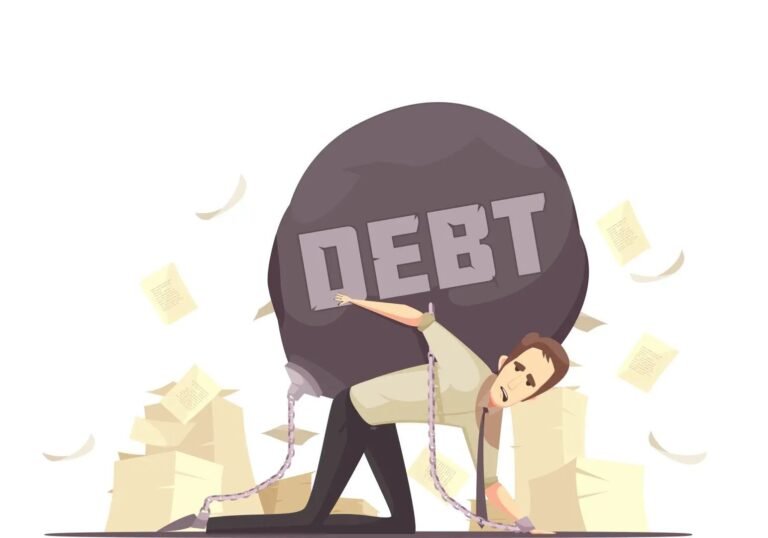As the 31 January deadline for self-assessment tax returns approaches, taxpayers are receiving a stern warning to settle any outstanding amounts promptly and to avoid any late tax penalties. HMRC's interest rates have surged to their highest in over two decades, with the interest for late payment of self-assessment tax set at a staggering 7.75% since last August.
Late tax penalties have steadily increased throughout 2023, reaching a peak of 7.75% on 22 August 2023. This marks the highest rate observed since May 2001, when it stood at 7.5%. Experts emphasise the importance of meeting the 31 January deadline, cautioning that penalties can swiftly accumulate for delayed payments.
Late Tax Penalties That You Might Incur
Experts highlight the potential financial consequences, stating, "If any tax due by 31 January 2024 is not paid in time, HMRC will charge late tax penalties at a rate of 7.75% per annum from the due date to the date of payment."

Taxpayers are advised to consider making estimated payments, even if not precisely accurate at the time, to avoid additional penalties. Filing a return after midnight on 31 January incurs a penalty of £100, with additional daily penalties of £10 after three months, up to a maximum of £900. Further penalties are levied after six and twelve months.
Expert Advice to Avoid Late Tax Penalties
Tax experts emphasise that HMRC considers certain reasons reasonable for late filing, including the death of a close relative, hospitalisation, a life-threatening illness, computer breakdowns, service outages at HMRC, and events like fires, thefts, or floods hindering return completion.

While amendments to a tax return can be made up to 12 months from 31 January 2024, underpaid returns will incur late tax penalties. Experts suggest considering amendments for missed reliefs, such as those for Gift Aid donations or pension contributions, potentially resulting in a tax refund.
A Time to Pay arrangement can be established for those struggling to pay their bills. However, experts emphasise that the terms of such arrangements are specific to each taxpayer and subject to HMRC approval.
Conclusion
In summary, taxpayers are urged to heed the warning, settle their tax obligations before the deadline, and avoid the substantial late tax penalties and interest rates imposed for delayed payments.
The current 7.75% interest rate underscores the urgency of timely payments to prevent financial repercussions. Paying your taxes late is a serious concern, and taxpayers are strongly advised to take appropriate actions to avoid these consequences.









